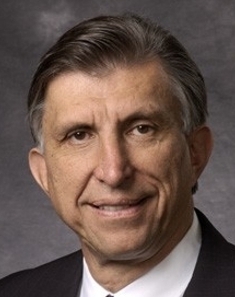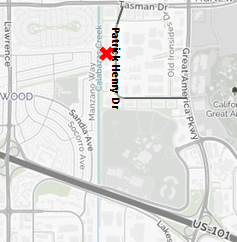How to Save a Program or Project that is Failing and Make a Good One the Best It Can Be
New programs and projects are the lifeblood of our society. Excellent methods, attributes and styles have been developed to lead these efforts. Yet still, about 75% of them do not succeed first attempt. The speaker will present what he did to evaluate big programs in trouble and lead them to success. He will discuss the elements needed to accomplish this. He will share how most of these elements are derived from our basic team humanity and were identified by trial and error as program complexity increased. The speaker will provide examples of applying these elements, resulting in success.
Speaker: Tom Pavelko, Program Director at Lockheed Martin (slides)
Thomas Pavelko worked 37 years for Lockheed Martin. He was promoted to System Engineering Manager and Program Director. He reported to a wide variety of divisions including: Satellites, Missiles, R&D, Electronics, Propulsion, Advanced Astronautics, Commercial Space, Missile Defense, Human Spaceflight and Skunk Works. Later in his career he was assigned to large commercial and government programs in trouble, valued from $125 million to $1.2 billion. For some of these he became the Program Manager. He was directly accountable to the customer and corporate leadership for mission success. All programs were completed successfully. He is the author of Project and Program Turnaround (Taylor & Francis, © 2017).
Register: tems0619.eventbrite.com ![]()
Date: Thursday, June 6, 2019
Time: 6:00 pm Informal Networking; 
6:30 pm Management Forum & Guided Networking;
7:00 pm Light Dinner;
7:30 pm Presentation
Location: National Instruments, 4600 Patrick Henry Drive, Santa Clara, CA 95054
Directions: click map at right
Earlybird: $12 IEEE members, $15 non-members
At the Door: $20
Management Forum: Bring Your Management Challenge; Arrive by 6:30 PM to join this exciting Management Forum.
Guided Networking: Following informal networking is a guided discussion typically related to the topic of the evening’s after dinner talk, or of general Technology Management interest.
Light Dinner: Typically includes sandwiches, salad, drinks, and cookie.
